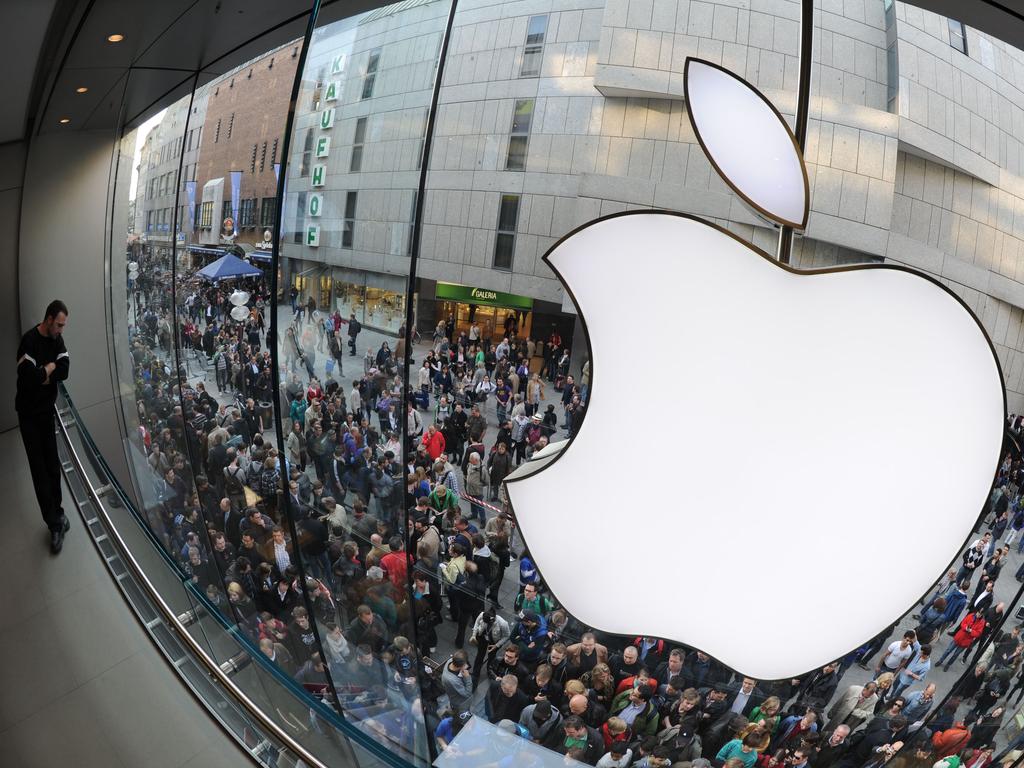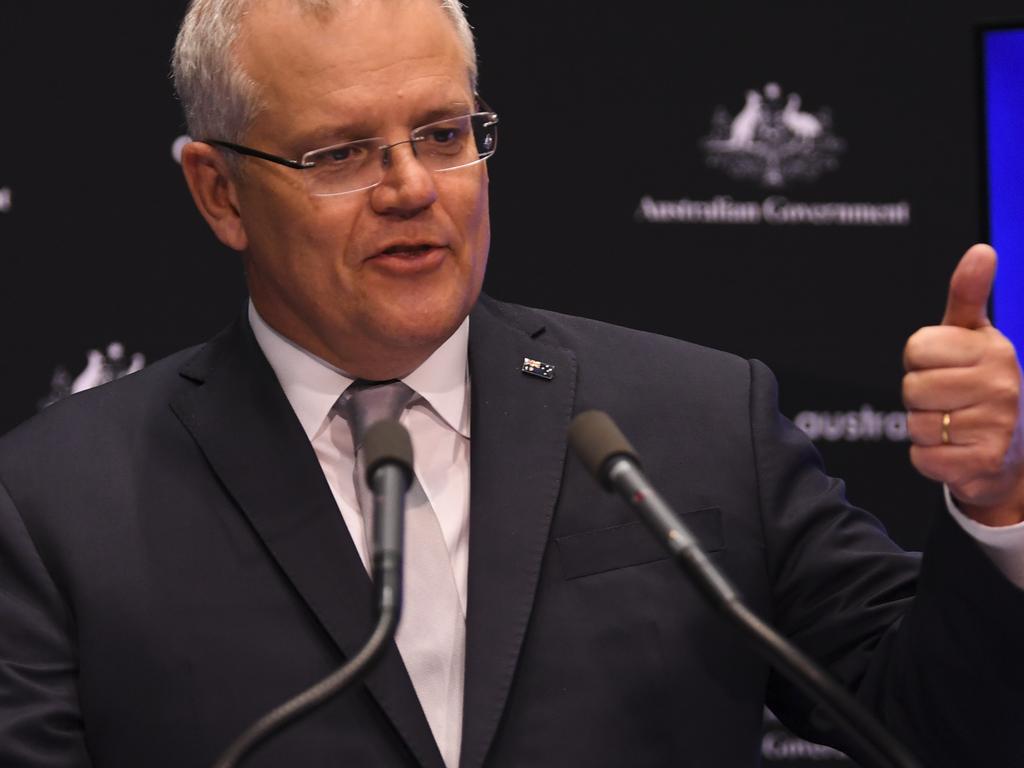Policy will end the plunder and save mainstream media


Australia leads the pack globally with the nature of these proposed laws to hold Google and Facebook to account. But the big question remains — will they work? The announcement moves the goalposts to correct a power imbalance that threatens media companies, market-economy principles, journalism and a viable democracy.
The crucial question remains unknown. What exactly will be the mechanism and what might be the quantum of remuneration the Big Tech companies must offer in order to keep using the content of media companies that they now get for free?
An alliance has been sealed — the Morrison government, established media and the ACCC — working to legislate as quickly as possible to check one of the greatest scams in history. Each reached the same conclusion: Big Tech was refusing to negotiate in good faith, the upshot being the proposed voluntary code is now replaced with a mandatory code to be legislated.
Treasurer Josh Frydenberg presents this as an act of fairness and economic justice. That’s correct, but his targets are some of the most powerful and arrogant companies ever built. The COVID-19 eruption has injected urgency into the crisis, with regional newspapers closing and mainstream papers under pressure courtesy of the collapse in advertising revenue simultaneous with an increase in reader subscriptions.
Frydenberg and Communications Minister Paul Fletcher said the government’s purpose was to enhance consumer protection and “support a sustainable Australian media landscape in the digital age”.
While regulatory plans differ among countries, there is now a global movement seeking Big Tech accountability, an essential condition for success. The critical factors at home were the advice from News Corporation that it had “no confidence” in progress towards a voluntary code and advice from ACCC chairman Rod Sims that the parties were unlikely to agree, with the sticking point being payment for content.
News Corp Australia executive chairman Michael Miller said Google and Facebook had built trillion-dollar businesses refusing to pay for other people’s content and the media industry was now “at a tipping point”.
He said the mandatory code must be enacted urgently and the price required for digital companies to pay for their content must be “fair” and “significant”. “Real journalism must not be destroyed by companies that take it for their own use,” Miller said.
The government has now instructed the ACCC to develop the mandatory code that will cover sharing of data, display of news content and sharing of revenues generated from news. It will have enforcement and penalty provisions. The size of this revenue share will be pivotal for news publishers. Unless this is meaningful, the project falters. The mechanism to sort this is not yet developed. It requires a framework for calculating value and a process for arbitration in the case of stalemate.
The theme running through the government’s statement cannot be missed — use of state regulatory and legislative power to hold Google and Facebook accountable. With the global virus only likely to strengthen their relative power, such action against the digital companies becomes imperative. The draft mandatory code is to be ready for release before the end of July, which means legislation soon after.
Frydenberg is under no illusions as to the struggle he faces. He has referred to the way Big Tech has thwarted efforts in Spain and France to hold them accountable.
“There is a need to take this issue head-on,” he said. “To date the global experience underscores the challenge we face.” He called the 2019 ACCC report “groundbreaking” and “world-leading” in its 23 recommendations to restore market-economy norms in the media landscape.
That means correcting for the bargaining power imbalance between Big Tech and news publishers. The speed of government decision-making was conspicuous. It received the ACCC advice on April 14 and ratified the new policy within a couple of days.
This represents a turning point. But success depends upon several critical factors — parliamentary bipartisanship, the support of public opinion, astute design of the mandatory code and a commitment to speed in the process.
Sims told this paper last year: “The business models of Google and Facebook rely on customers not actually understanding what data is being collected from them or how that data is being used. This problem needs to be comprehended and then it needs to be fixed.”







This policy leap to force tech giants to pay for news content is designed to save the mainstream media and the business of journalism. The Morrison government always had this intent — but the accelerated timing is driven by the COVID-19 crisis and the plunder it has brought to media revenues.